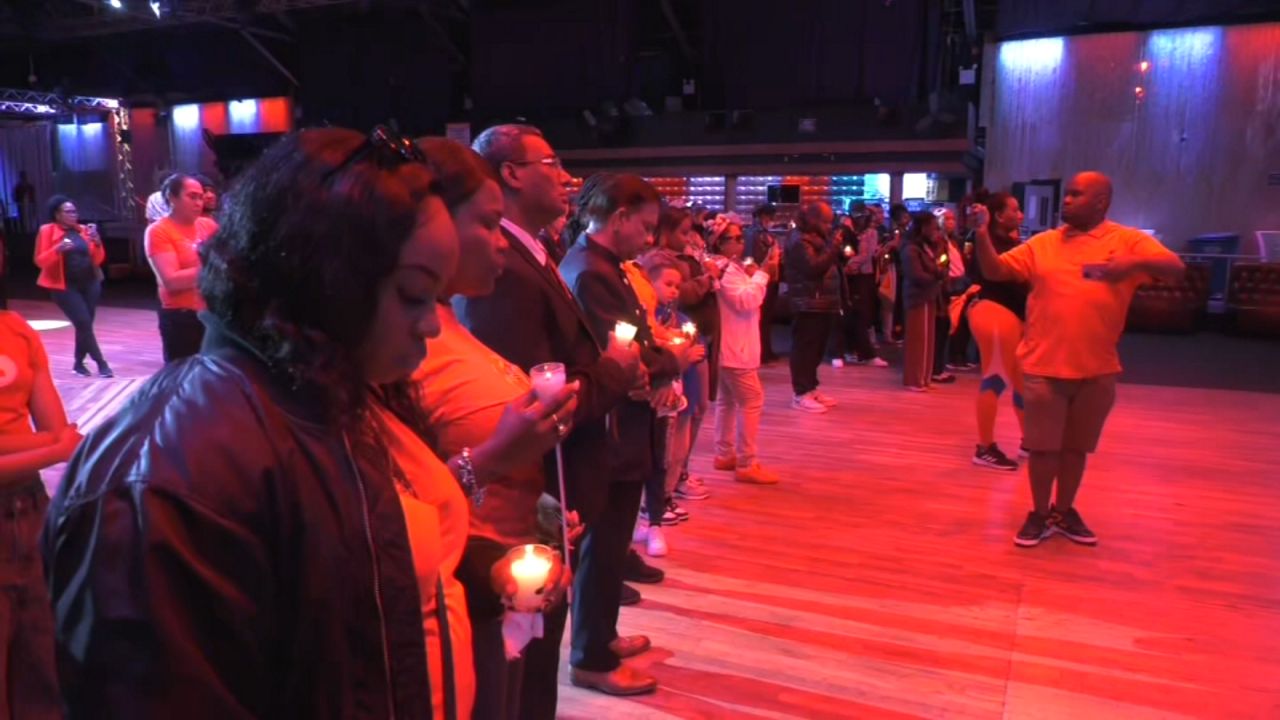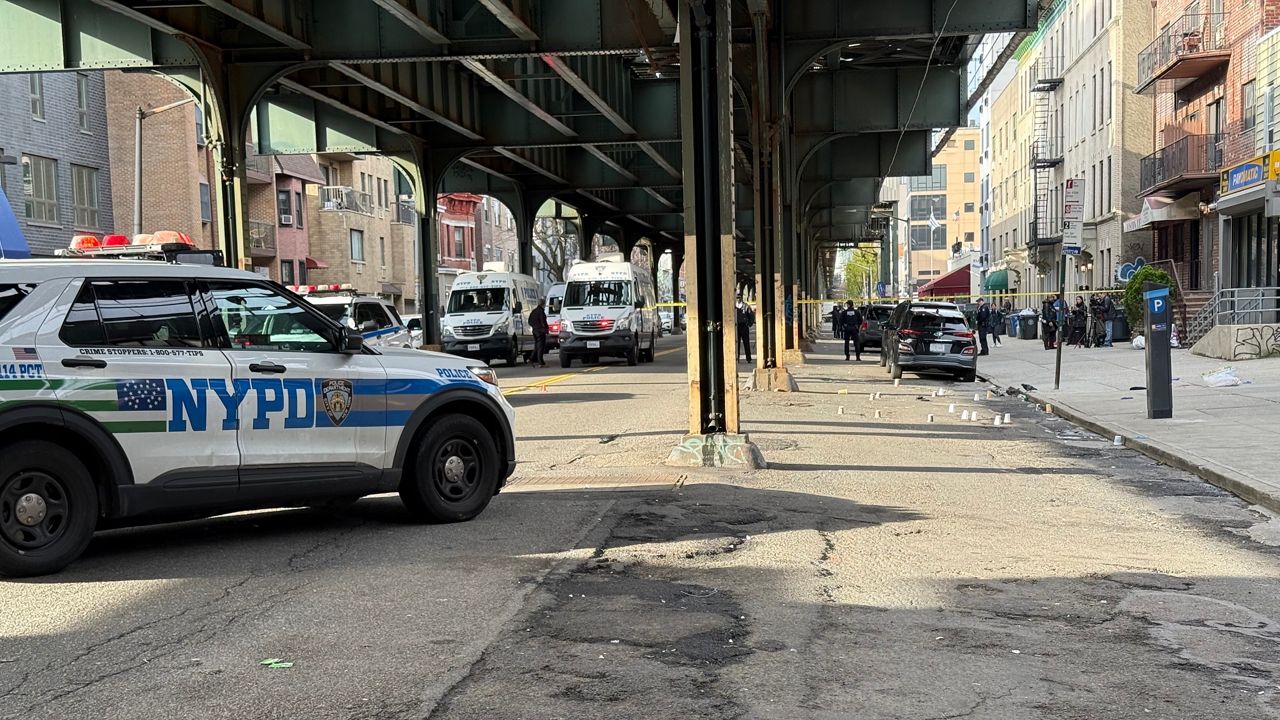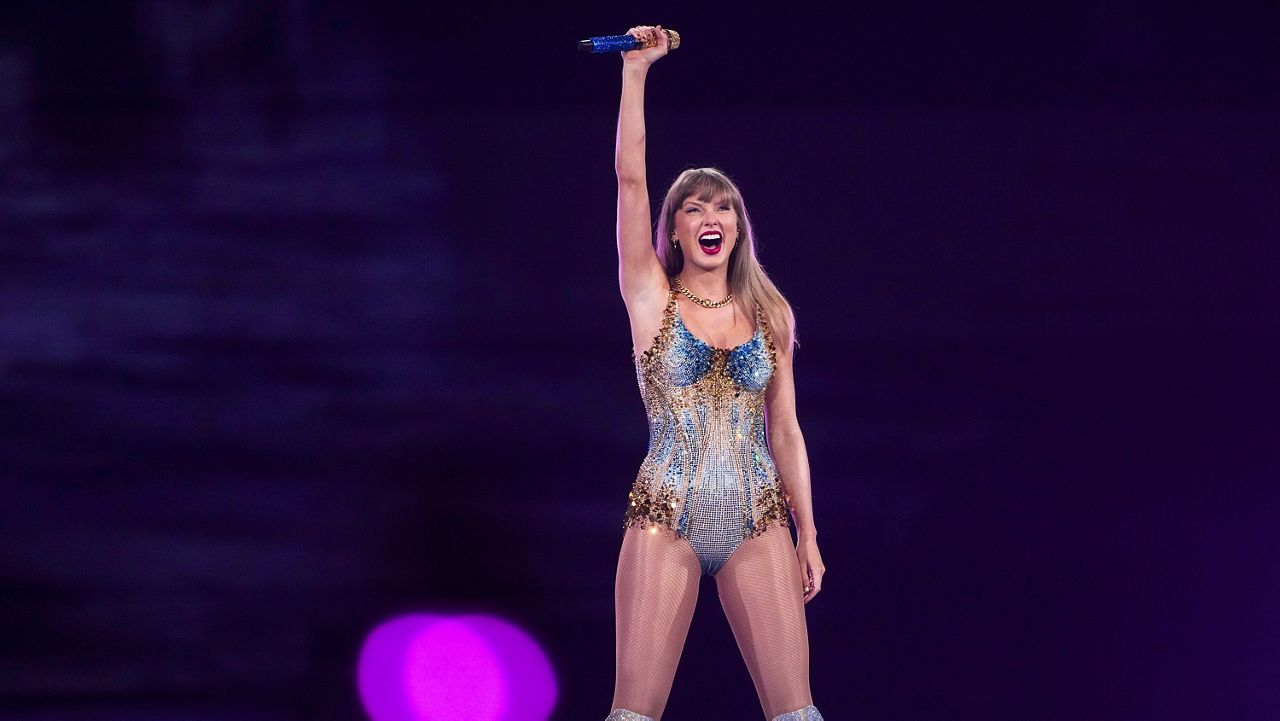Police shot and killed a 19-year-old man after responding to a mental health call inside a home in Queens on Wednesday, the NYPD said.
NYPD Chief of Patrol John Chell said the 19-year-old called 911 to the two-family home on 103rd Street in Ozone Park on Wednesday because he was in distress.
While officers attempted to help the man, during an altercation where they initially subdued him using tasers, he lunged at them with scissors, police said.
That's when police shot him, the NYPD said. The man later died at the hospital. His name wasn't immediately released.
“The situation becomes quite hectic, chaotic and dangerous right away,” Chell said. “They had no choice but to defend themselves."
The city has a pilot program called Behavioral Health Emergency Assistance Response Division, or B-HEARD, that consists of a team of two EMTs or two paramedics, along with a mental health professional.
The purpose of the program is to help de-escalate emergency situations like mental health crises without police, except when it’s deemed required, but the program has not expanded to the 102nd Precinct, which includes part of Ozone Park.
“What you absolutely need is a non-police response. Far too many people have been killed. Sadly, this gentleman is number 20 in the count we have going on,” said Ruth Lowenkron, director of the Disability Justice Program at New York Lawyers for the Public Interest.
Lowenkron said the B-HEARD program needs to go further.
“Five hundred-plus hours of training, how to de-escalate. They come in, they de-escalate, and only in the rarest, rarest, rarest of circumstances do they determine police are needed, and that’s when it is a case of absolute imminent harm," Lowenkron said.
Meanwhile, B-HEARD is only in 25 of the city's 77 precincts.




_CGPKG_Qns_Police_Fatally_Shoot_M19_Scissors_CG_129350396_249?wid=320&hei=180&$wide-bg$)



_Pkg_Kyng_Davis_Clean)
